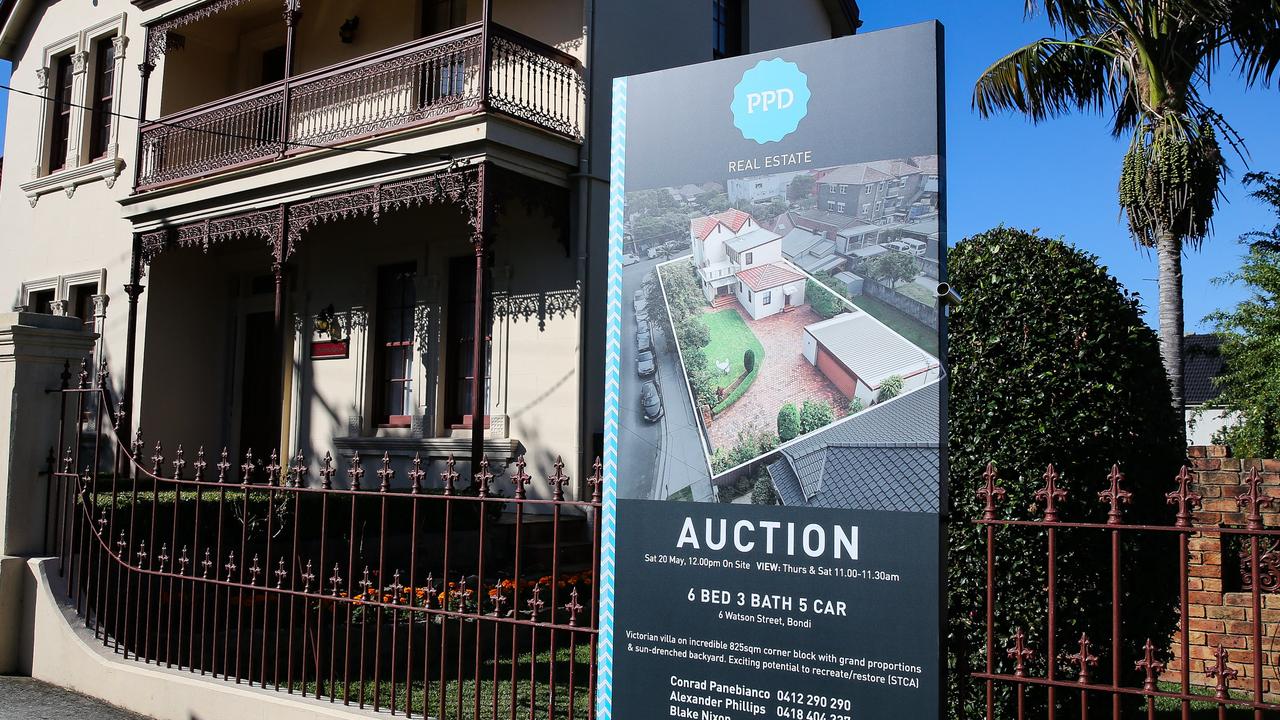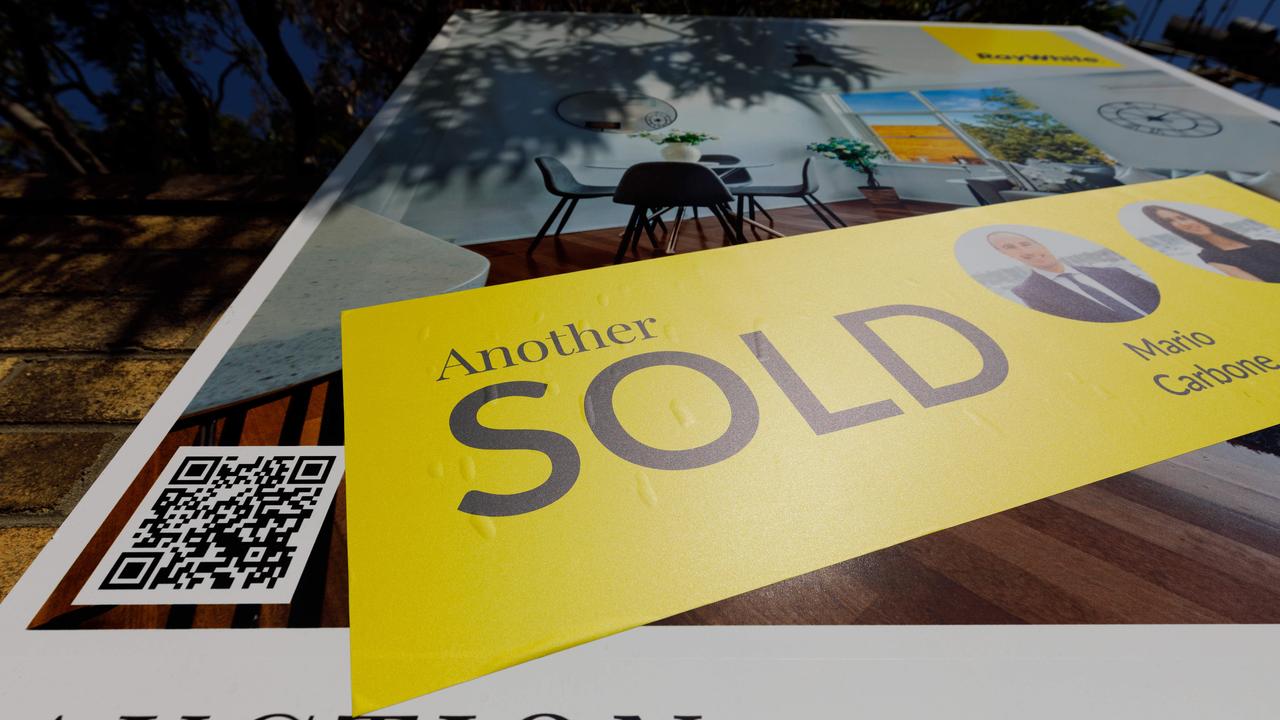Top health problems that need fixing after the federal election
Australia’s health system is crumbling, with many being forced to raid their super to save their lives. See what the major parties are promising before the federal election.
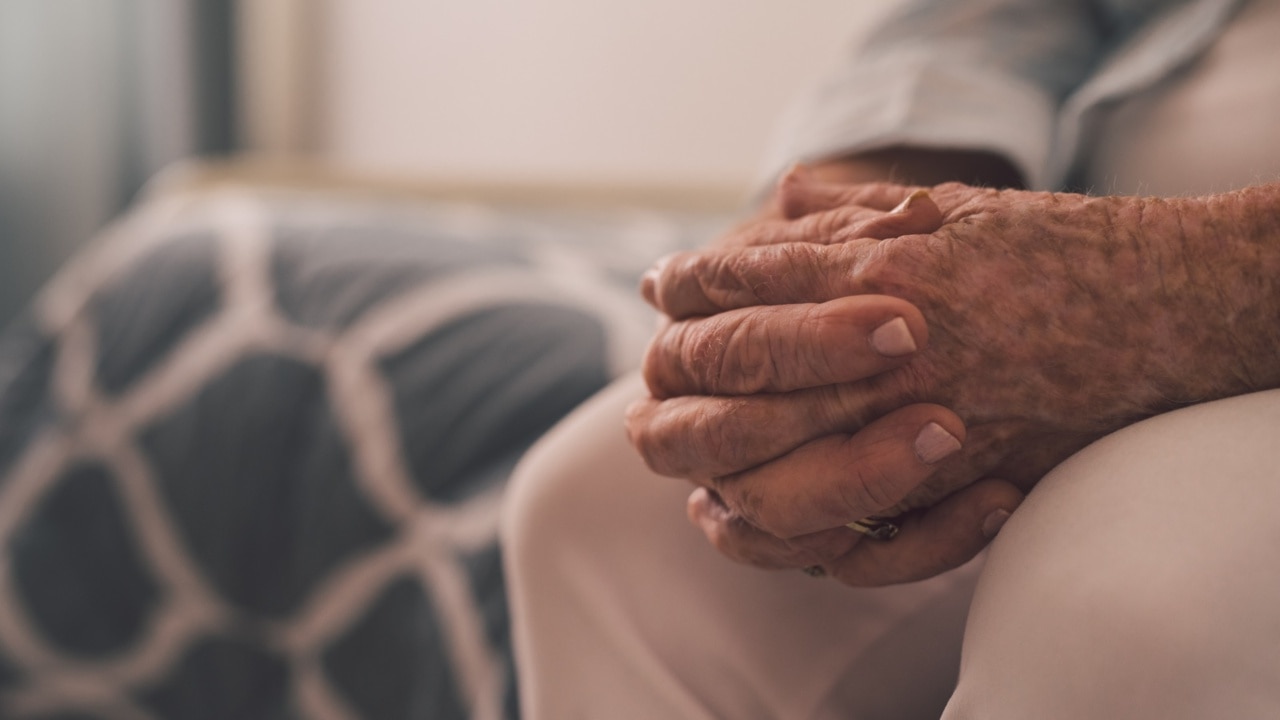
Federal Election
Don't miss out on the headlines from Federal Election. Followed categories will be added to My News.
Doctors, nurses and the broader public want major improvements to Australia’s crumbling health system.
The pandemic has delivered a massive surgery backlog, a deluge of delayed diagnoses of cancer and other serious illnesses and, of course, cases of the virus itself.
But even before Covid-19, there were major problems: understaffing, bed shortages, inadequate rebates, gap fees and a health fund tax penalty.
It is no surprise that health ranked as the most important concern for voters in a recent News Corp survey.
SUE DUNLEVY outlines the key issues, ahead of the looming election.
DENTAL CARE
Hundreds of thousands of patients are waiting up to three years for access to public dental care, two million Australians a year delay dental care due to cost and 72,000 a year end up in hospital as a result.
Medicare does not cover it and the Consumer’s Health Forum, the Australian Dental Association and health experts say it should.
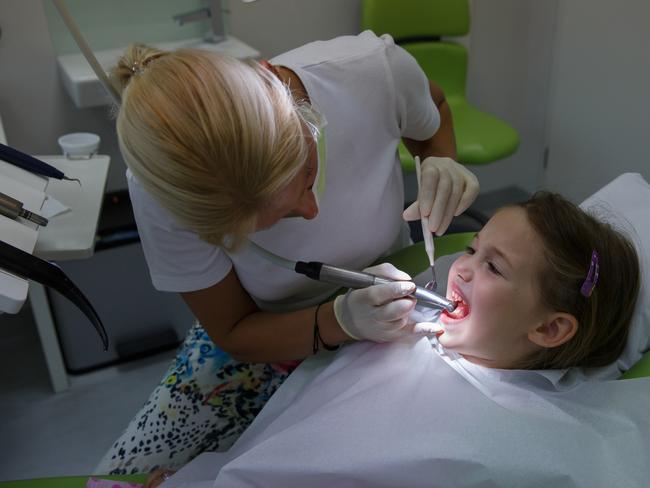
MEDICARE REBATES
Australians spent $4 billion on out of pocket medical fees in 2019-2020 because Medicare and health fund rebates are inadequate.
One in three GP patients are facing out of pocket costs of $40 when they see their doctor.
Prostate patients are paying more than $11,000 in gap fees, hip replacements cost patients up to $9000 and breast cancer patients up to $21,000.
Doctors want the government to pay 10 per cent more for consults longer than 20 minutes and $200 for consultations of an hour or more.
The Consumer’s Health Forum and the Australian Medical Association want Medicare rebates raised.
Telehealth consults were widely subsidised for the first time under Covid and were made permanent for GP care but there is no guarantee the rebates for some specialist care will survive after June.
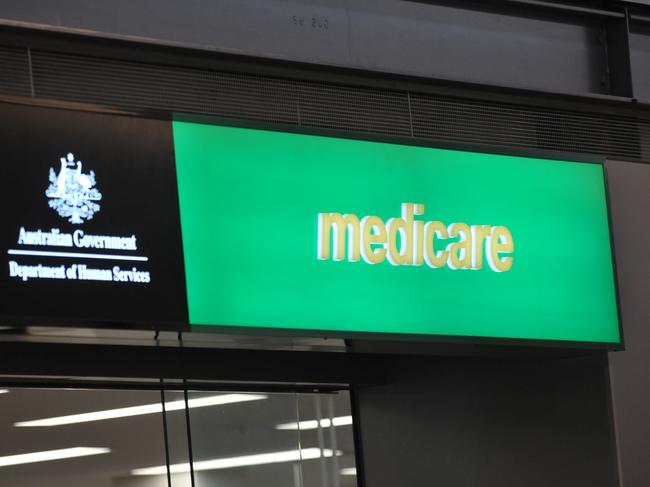
HOSPITAL WAIT LISTS
Nearly one million people are waiting for elective surgery like hip and knee replacements.
Alarmingly, Covid surgery bans saw the number waiting more than a year triple to 57,300.
The Australian Medical Association and experts say the federal government should lift its share of hospital funding from 45 to 50 per cent and devise a plan to get waiting lists down.
Bowel Cancer Australia says lives are at risk because people with positive bowel cancer screening tests are waiting up to six months for a colonoscopy that should be done within 30 days.
The group is also calling for the bowel screening program to start at age 45 instead of age 50 as more and more young people develop the cancer.
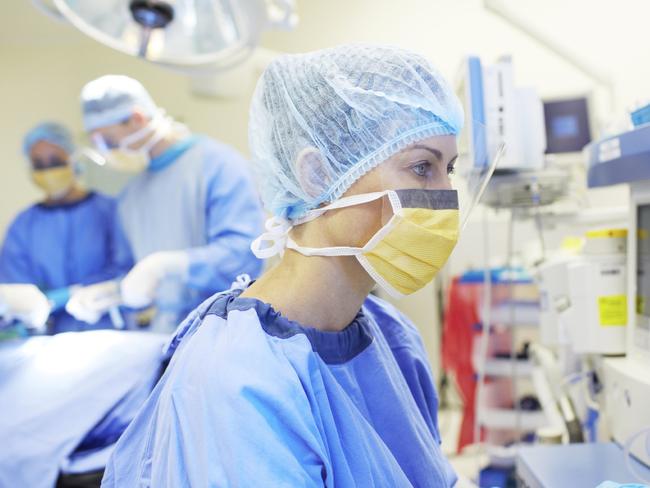
PRIVATE HEALTH TAX PENALTY
A $900 plus tax penalty to force the rich to buy private health insurance is now hitting those on average male earnings of $90,000.
And it’s now cheaper for many people to pay the tax penalty than join a health fund.
INSURANCE TAX SLUG
In 2014 the Federal Government covered 30 per cent of the cost of health insurance under a tax rebate.
That has now dropped to 24.6 per cent, adding $100 to premium bills.
There are calls for the rebate to be beefed back up to 30 per cent.
WORKFORCE SHORTAGES
Kids in crisis are waiting six months for help from psychiatrists as a massive workforce shortage bedevils mental health. Schools do not have enough counsellors to cope with demand.
There were 20 per cent fewer visas issued to nurses in 2020-21 and more than 2000 fewer nurses graduated in 2020 compared to 2019.
Nurses and paramedics are demanding a pay increase to reflect their sacrifices on the frontline of Covid.
MEDICINE SHORTAGES
There are currently around 250 commonly-used medicines in short supply.
Major Australian drug company Arrotex Pharmaceutical set up a plan to deal with the shortage, by manufacturing locally, but it fell through.
From July, pharmaceutical companies will hold six months supply in country to ensure they don’t run out.
Also, many subsidised medicines cost general patients more than $42 per script. The Pharmacy Guild and Better Access Australia want the co-payment halved to around $20.
Chemist Warehouse says it already sell medicines at half this price and if the co-payment is cut the price of some medicines will actually go up.
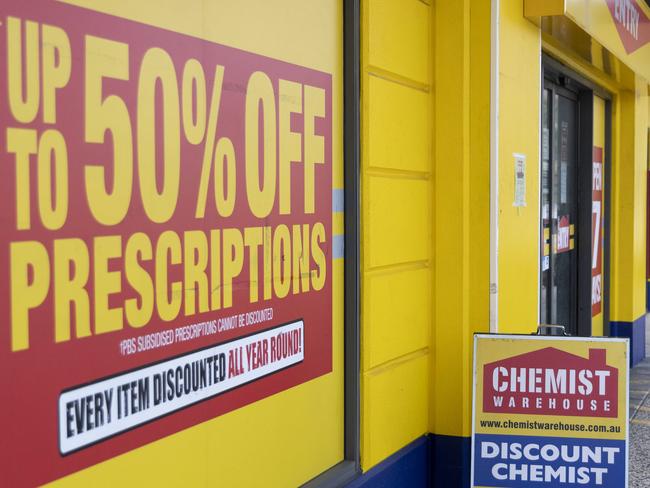
COVID
Business and consumers groups are demanding the federal government provide free Covid rapid antigen tests.
And there is a push to support local manufacturing of Covid tests as well as mRNA vaccines.
Doctors and the Consumers Health Forum want Australia to establish a National Centre for Disease Control, to respond to, co-ordinate and manage communicable diseases and outbreaks.
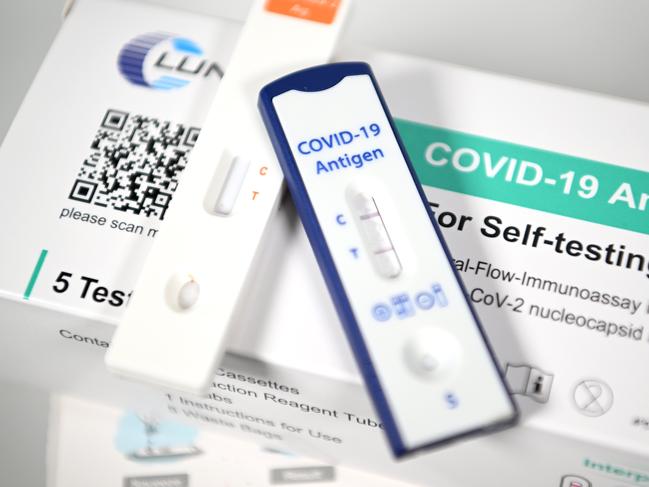
MEN REMORTGAGING HOMES TO PAY FOR PROSTATE TREATMENT
Some men are being forced to mortgage their homes to pay for prostate treatment or go without the best surgery available.
Retired Navy Reserve Lieutenant Commander, John Boland from Brisbane spent $15,000 in gap fees for robotic prostate cancer surgery.
Then he paid $20,000 for two rounds of the cancer drug Lutetium, as it is not listed on the pharmaceutical benefits scheme (PBS).
He had to draw on his superannuation to pay for it.
“I’ve used some of my super but I’m going to need more as a $20,000 treatment bill can quickly become $40,000, which becomes $60,000.”
“The cruel part about it, is people who can afford to have it have a better quality of life with reduced pain and those who can’t afford it don’t,” he said.
His message to politicians in the upcoming election is simple.
“We need better access to treatment or fair access across Australia and we need funding for more advanced treatments to significantly improve the quality of life,” he said.
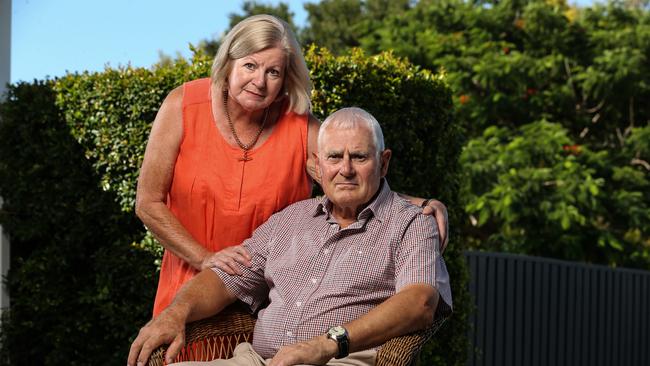
Michael Wiles, a spray painter from Tamworth, NSW, said he was advised by his specialist he could have the latest and best technology used in his prostate surgery for $25,000.
He considered taking out a loan but couldn’t afford it, so had to undergo open surgery which is far more invasive and can have long-term consequences.
“I really felt like the health system hung my manhood on a price tag and I couldn’t pay it,” he said.
ANALYSIS
Doctor shortages, growing out of pocket expenses for healthcare, lengthening wait times for surgery, unaffordable health insurance and medicine shortages were problems before Covid-19 and the pandemic has made them worse.
Whichever party wins this year’s election will have to manage a complicated array of long- standing policy problems at the same time as the evolving pandemic places continued pressure on hospitals and other parts of the health system.
GPs, nurses and paramedics are demanding higher Medicare payments and wage rises, there are calls for increased nurse to patient ratiosand for the federal government to lift its share of hospital funding from 45 to 50 per cent.
Clearly there has to be a cash injection to clear massive surgery wait lists made worse by Covid surgery bans.
Overpriced health insurance must be tackled in part by ending the scam which sees Australians pay between 30-100 per cent more for medical devices like hip and knee replacements than patients in other countries.
Tax penalties to force people to buy private health insurance are no longer working as intended and rebates have shrunk and this must be addressed.
Mental health problems surged as a result of Covid and, despite increased spending, the workforce is not there to cope with the demand, innovative solutions are needed.
Unacceptably long wait times for access to public dental surgery is costing the health system millions with patients ending up in hospital for more expensive care and it is time Medicare was expanded to cover dental care.
Medicare and health fund rebates have not kept pace with medical inflation and too many Australian patients, including those with cancer, are facing eye watering out of pocket medical expenses totalling over $25,000.
No Australian should have to raid their retirement savings to pay for life saving health care.
RAT shortages and vaccine rollout delays have focused attention on the need for Australia to invest more in local production of critical health supplies like tests, medicines and modern mRNA vaccines.



